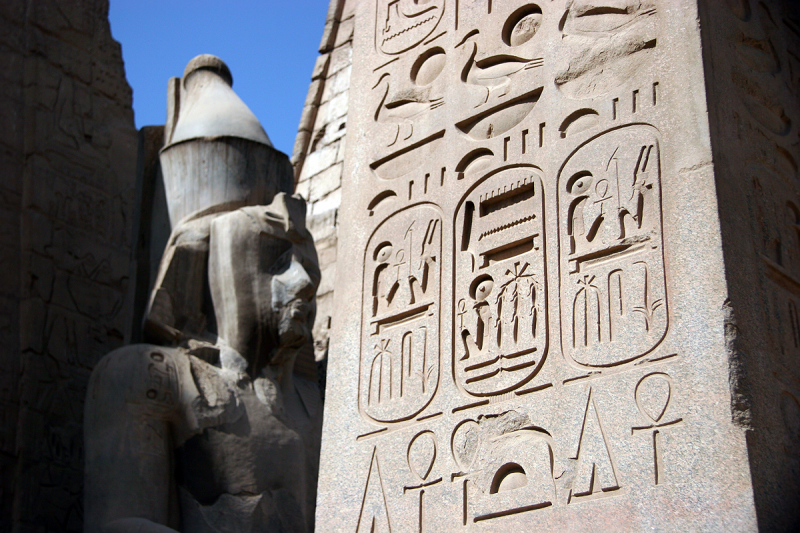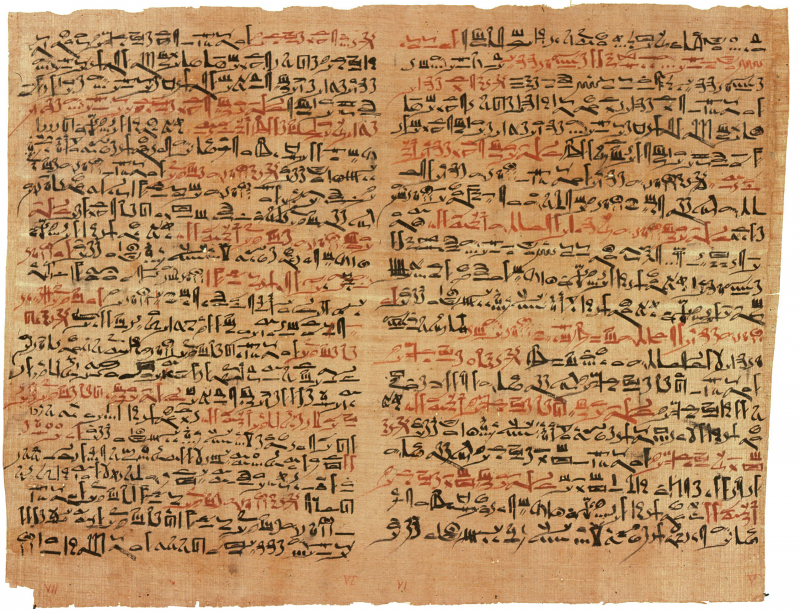Literature
Civilization literature ranked high among all fields. Great works were written on papyrus or on the walls of temples, tombs, pyramids, obelisks, portraits, and monuments in ancient Egypt. These works of art endured for centuries. Many governments and civilizations vanished and others appeared over time, but the ideals of ancient Egyptian literature have survived to the present day. Furthermore, ancient Egyptian literature was central to the folklore of many nations. This demonstrates how elevated ancient Egyptian moral and literary perceptions were, even before divine religions were revealed or great literary masterpieces were known to the world.
Ancient Egyptian literature arose and developed in the midst of religious beliefs, but it quickly evolved to deal with man's everyday life. Literary works held a prominent place in ancient Egyptian thought and civilization. The ancient Egyptians saw literature as a source of spiritual nourishment as well as a unique way to elevate expression style. The writer took pride in his or her refined literary style, and the reader took pleasure in it. Almost every aspect of life was addressed in ancient Egyptian literature. Novels, short stories, poetry, folkloric tales, proverbs, wise sayings, moral teachings, philosophical meditations, and literary messages were all classified as genres. The latter were divided into the following sections: title, introduction, body, and conclusion.
Literary debates featured opposing parties presenting arguments and counter-arguments. Aside from description of nature, ancient Egyptians wrote plays, dramatic poetry, songs, religious hymns, and love poetry, as well as panegyrical poems to glorify their kings and their glorious battles, and songs for workers, farmers, and others to be sung in parties.








